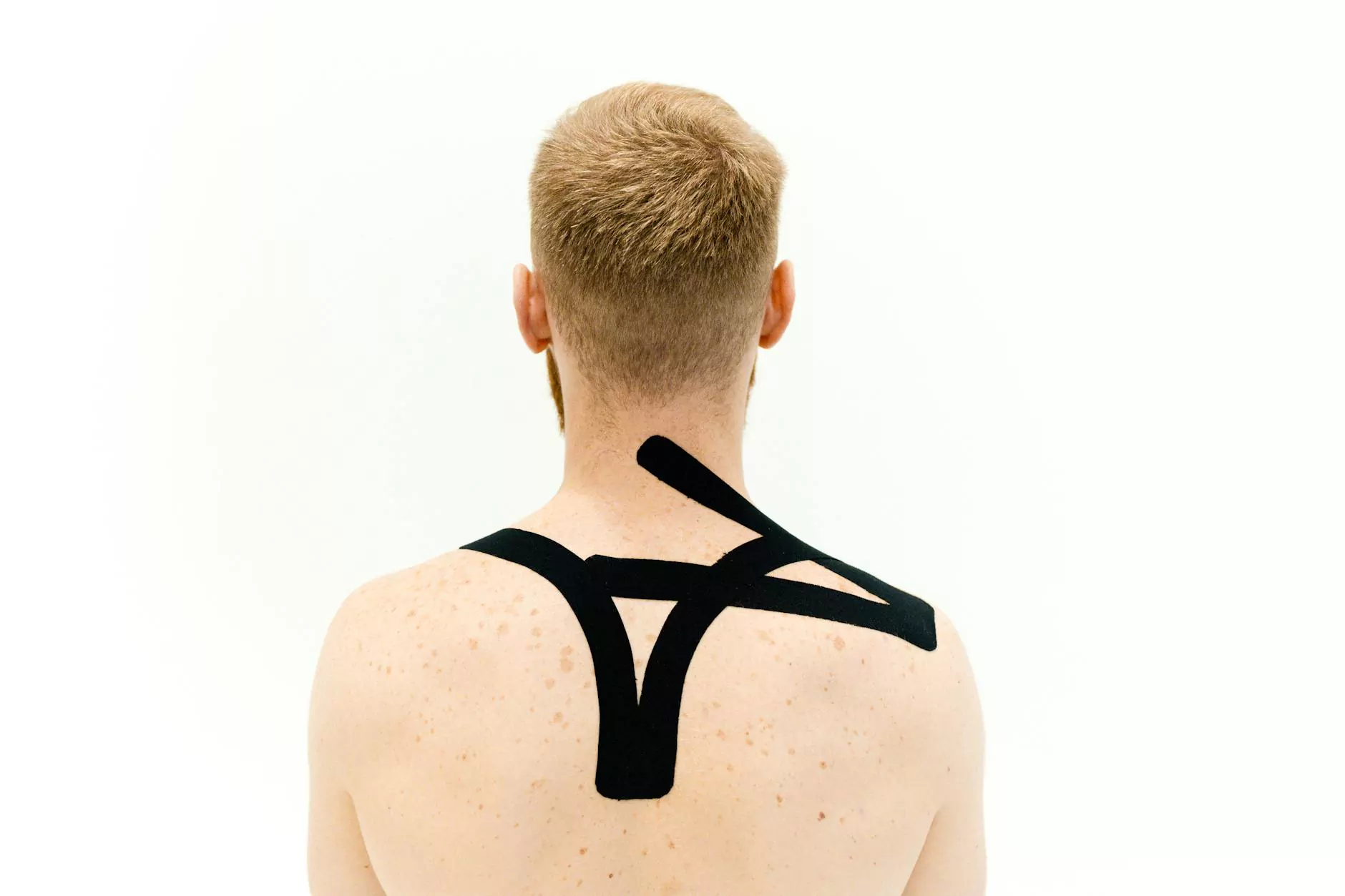The Ultimate Guide to Gastric Sleeve Surgery

Gastric sleeve surgery, or sleeve gastrectomy, is a popular weight-loss procedure that has transformed the lives of countless individuals struggling with obesity. At clinichealthbeauty.com, we strive to provide you with accurate and detailed information about this procedure, helping you to make informed decisions about your health and wellness.
What is Gastric Sleeve Surgery?
Gastric sleeve surgery is a minimally invasive surgical weight-loss procedure that involves the removal of a large portion of the stomach, leaving a narrow sleeve-like tube. This smaller stomach can hold significantly less food, promoting a feeling of fullness sooner and reducing overall calorie intake.
Why Consider Gastric Sleeve Surgery?
There are various reasons why individuals consider gastric sleeve surgery as a viable option for weight loss:
- Significant Weight Loss: Many patients can lose 50% to 70% of their excess weight within the first year after the surgery.
- Improved Health Conditions: The procedure can help resolve or improve obesity-related health issues, including type 2 diabetes, hypertension, and sleep apnea.
- Enhanced Quality of Life: With weight loss, patients typically experience improved mobility, self-esteem, and overall well-being.
- Minimally Invasive: As a laparoscopic procedure, gastric sleeve surgery typically results in less pain, reduced scarring, and shorter recovery times compared to open surgery.
Understanding the Gastric Sleeve Procedure
Pre-operative Preparations
Before undergoing gastric sleeve surgery, an extensive evaluation is crucial. This process includes:
- Medical Assessment: A thorough physical and psychological evaluation to ensure that you are a suitable candidate for the surgery.
- Nutrition Consultation: Working with a dietitian to establish a pre-operative diet and understand necessary lifestyle changes.
- Pre-surgery Tests: These tests may include blood tests, imaging studies, and consultations with various specialists.
The Surgical Procedure
The actual gastric sleeve surgery typically lasts about 1 to 2 hours and is performed under general anesthesia. The procedure can be broken down into several key steps:
- Laparoscopic Access: Small incisions are made in the abdomen to allow the surgeon to insert a camera and surgical instruments.
- Stomach Reduction: Approximately 80% of the stomach is removed, resulting in a sleeve-like structure.
- Stapling: The remaining stomach is then stapled closed, creating a tube that is much smaller in size.
- Completion: The small incisions are closed, and recovery begins.
Post-operative Care and Recovery
Early Recovery Phase
The first few days after surgery are critical. Patients typically stay in the hospital for 1 to 2 days for monitoring. During this time:
- Pain Management: Patients receive medications to manage any discomfort.
- Fluid Intake: Clear liquids are encouraged, transitioning gradually to full liquids as tolerated.
Long-term Recovery
Once home, patients must adhere to specific guidelines to promote healing and successful weight loss:
- Dietary Changes: A structured diet plan will be provided, typically starting with liquids and progressing to softer foods.
- Physical Activity: Light physical activities, such as walking, are recommended soon after surgery.
- Follow-up Appointments: Regular follow-up visits to monitor progress and address any concerns.
Potential Risks and Complications
Like any surgical procedure, gastric sleeve surgery comes with potential risks, including:
- Surgical Complications: There can be risks such as bleeding, infection, or complications from anesthesia.
- Gastrointestinal Issues: Some patients may experience nausea, vomiting, or digestive difficulties post-surgery.
- Nutritional Deficiencies: With reduced food intake, patients need to monitor their nutrition closely to prevent deficiencies.
Importance of Choosing the Right Healthcare Provider
Choosing an experienced and reputable healthcare provider is crucial for the success of gastric sleeve surgery. Here’s what to consider:
- Credentials: Ensure your surgeon is board-certified in bariatric surgery.
- Experience: Inquire about the number of gastric sleeve surgeries performed by the provider.
- Support Resources: Look for clinics that offer comprehensive support, including nutritional counseling and support groups.
- Patient Reviews: Research testimonials and feedback from previous patients to gauge the quality of care.
Real-Life Success Stories
Many individuals who have undergone gastric sleeve surgery have shared their life-changing experiences:
"After surgery, I lost over 100 pounds, and I finally feel like I can enjoy life again. The support from my healthcare team made all the difference." - Sarah T.
"Gastric sleeve surgery has not only helped me lose weight but has also resolved my diabetes. I’m healthier and happier!" - Mark J.
Conclusion: Your Journey to Health Begins Here
Gastric sleeve surgery is a powerful tool for those struggling with obesity and its related health issues. Understanding the procedure, the recovery process, and choosing the right healthcare provider is crucial to achieving successful outcomes. At clinichealthbeauty.com, we are dedicated to supporting you through this transformative journey.
If you’re considering gastric sleeve surgery, contact us today for a consultation and take the first step toward a healthier, more fulfilling life.









